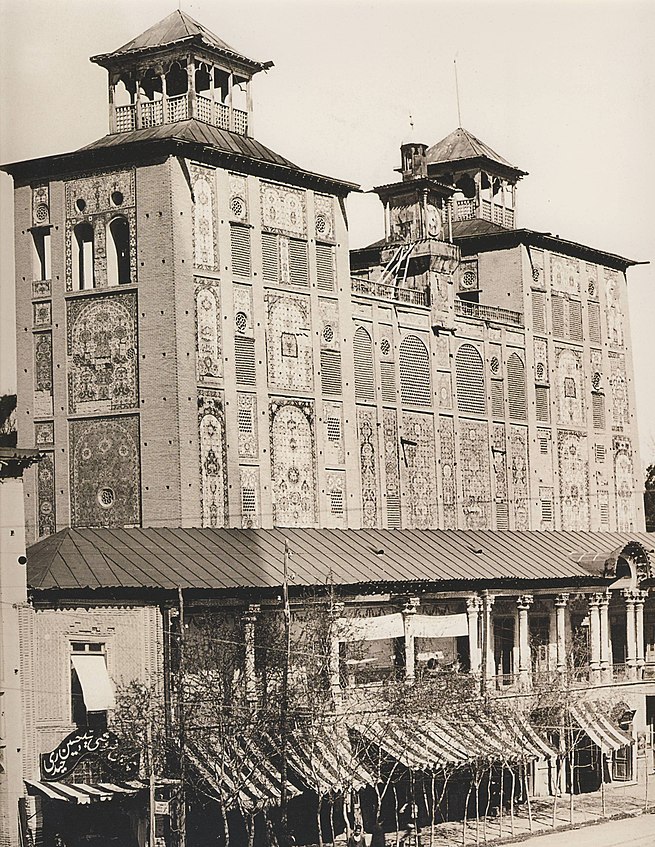
-
Ole (interjection)
An interjection used to stir up excitement.
-
Ole (adjective)
eye dialect of old
“D’you see the ole guy sitting over there?”
-
Old (adjective)
Of an object, concept, relationship, etc., having existed for a relatively long period of time.
“an old abandoned building;”
“an old friend”
-
Old (adjective)
Of a living being, having lived for most of the expected years.
“a wrinkled old man”
-
Old (adjective)
Of an item that has been used and so is not new unused.
“I find that an old toothbrush is good to clean the keyboard with.”
-
Old (adjective)
Having existed or lived for the specified time.
“How old are they? She’s five years old and he’s seven. We also have a young teen and a two-year-old child.”
“My great-grandfather lived to be a hundred and one years old.”
-
Old (adjective)
Of an earlier time.
-
Old (adjective)
Of a perishable item, having existed for most, or more than its shelf life.
“an old loaf of bread”
-
Old (adjective)
Former, previous.
“My new car is not as good as my old one.”
“a school reunion for Old Etonians”
-
Old (adjective)
That is no longer in existence.
“The footpath follows the route of an old railway line.”
-
Old (adjective)
Obsolete; out-of-date.
“That is the old way of doing things; now we do it this way.”
-
Old (adjective)
Tiresome.
“Your constant pestering is getting old.”
-
Old (adjective)
Said of subdued colors, particularly reds, pinks and oranges, as if they had faded over time.
-
Old (adjective)
A grammatical intensifier, often used in describing something positive. (Mostly in idioms like good old, big old and little old, any old and some old.)
“We’re having a good old time.”
“My next car will be a big old SUV.”
“My wife makes the best little old apple pie in Texas.”
-
Old (adjective)
Excessive, abundant.
-
Old (noun)
People who are old; old beings; the older generation, taken as a group.
“A civilised society should always look after the old in the community.”
-
Ole (adjective)
old
“that ole truck of my daddy’s”
-
Ole (interjection)
bravo.
-
Old (adjective)
having lived for a long time; no longer young
“the old man lay propped up on cushions”
-
Old (adjective)
made or built long ago
“the old quarter of the town”
-
Old (adjective)
possessed or used for a long time
“he gave his old clothes away”
-
Old (adjective)
boring or tiresome, especially as a result of repetition or overfamiliarity
“I wish she’d shut up—it’s getting old”
-
Old (adjective)
having the characteristics or showing the signs of age
“he complained of being old beyond his years”
-
Old (adjective)
belonging to the past; former
“valuation under the old rating system was inexact”
-
Old (adjective)
used to refer to a thing which has been replaced by something similar
“we moved back into our old house”
-
Old (adjective)
dating from far back; long-established or known
“we greeted each other like old friends”
“I get sick of the same old routine”
-
Old (adjective)
denoting someone who formerly attended a specified school
“an old Etonian”
-
Old (adjective)
(of a form of a language) as used in former or earliest times.
-
Old (adjective)
of a specified age
“a seven-month-old baby”
“he was fourteetn years old”
-
Old (adjective)
a person or animal of the age specified
“a nineteen-year-old”
-
Old (adjective)
used to express affection, familiarity, or contempt
“good old Mum”
“I didn’t like playing with silly old dolls”
